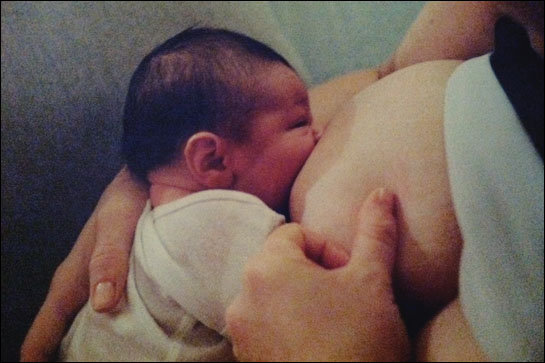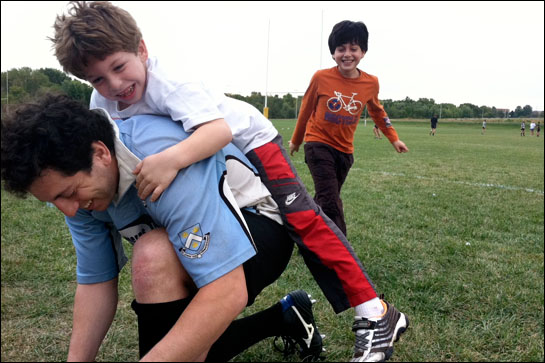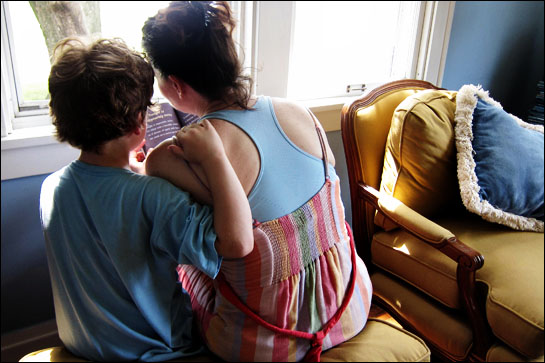
The best thing I did was stop worrying about homeschooling. First I worried every day that I was ruining my kids’ lives. Then I decided that the first year would just be me trying things and if my kids didn’t “learn” anything (whatever that means – I don’t even know) then it’s okay. One year of me messing up won’t kill them. Then I signed them up for lots of classes that they wanted. As sort of a safety net for myself.
My kids love video games. I think they probably play their DSi’s three hours a day. Some days I keep it to one hour a day, but it’s only by mistake. I mean, it’s because we all forget to have the fight about how long can they do their DS’s.
I know what I think makes a good adult life, because I’ve been writing on that topic for ten years. I know the research up and down, and I know from all my experience coaching people as well. People need close relationships with family and they need to be engaged in some sort of work. I’m not going to provide links. Really, I’ve written 100’s of posts on this topic.
So now I am trying to figure out how to get my kids to that in a way that is fun for them. And right now, I don’t know for sure, but I for sure know that I want to be with them during the day. It’s intimate. It’s smothering, of course, but it’s intimate as well.
I am trying to figure out where I am this year. Most kids in their 20s are lost. Many panic. I think my kids will not panic because they will see me being lost, and getting unlost, and being lost again. And maybe, in the end, this is the best education for us all.








